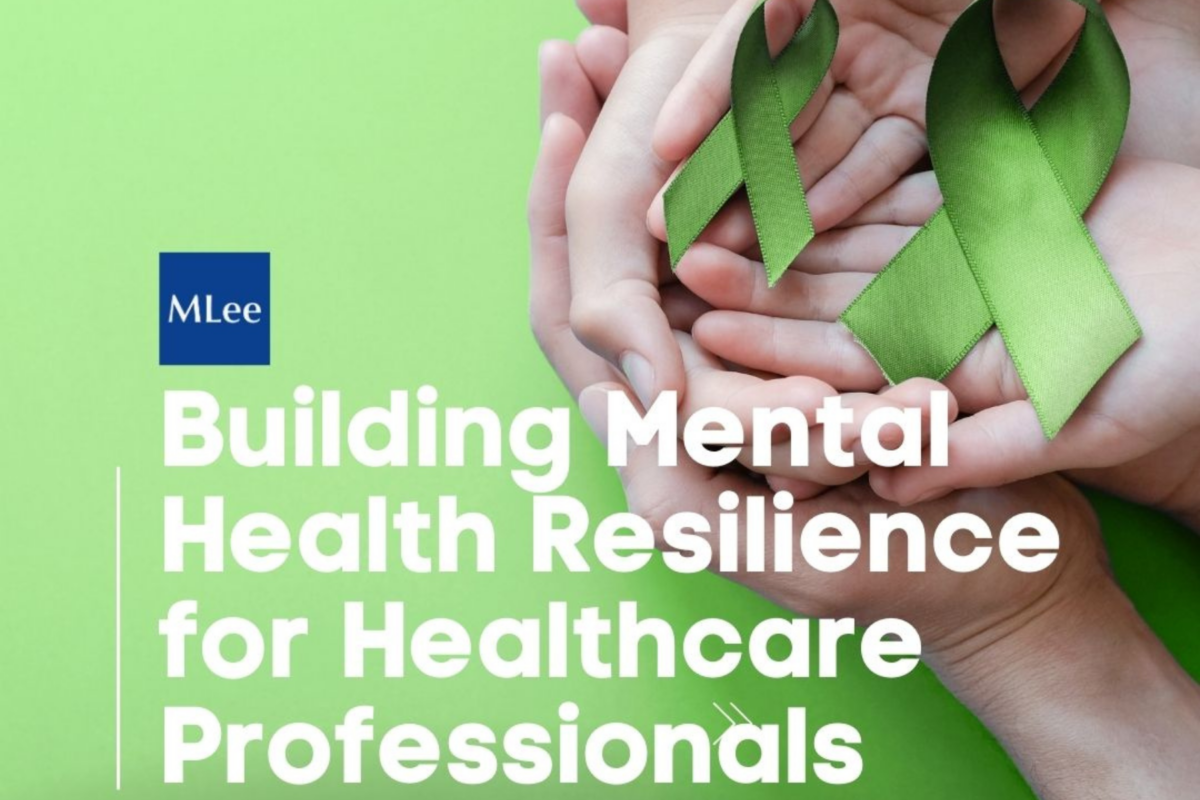Are you a healthcare traveler in search of a dream assignment in a tropical paradise? Look no further! The United States offers a


Mental health is an important topic for healthcare providers. Becoming a healthcare provider is a difficult job, with long hours, demanding physical and emotional strain. That’s why it’s essential for healthcare professionals to take steps to develop their mental health resilience.

Resilience is the ability to balance the personal and professional demands of healthcare, in order to work efficiently and feel satisfied with the job. Mental health resilience allows you to navigate through the rigors of the medical profession, while avoiding becoming symptomatic of depression or anxiety. In this blog, we will discuss the concept of mental health resilience, along with strategies to help healthcare professionals foster resilience and mitigate the effects of the mental straining the profession.
For healthcare providers, the ability to maintain mental health resilience is critical, as the demands of the profession can be overwhelming. Mental health resilience concerns the “perception and response to stressful situations” and refers to the mind-set, toolbox, and skill set healthcare professionals can develop to strengthen their ability to work well and remain mentally balanced. Mental health resilience requires that you “have insight into the dynamics of the professional–patient relationship, the ability to manage emotions during work tasks, effective communication and collaboration with healthcare team members.”
In this way, mental health resilience allows medical professionals to perform their work properly, while self-managing the stress that comes along with the profession. The building of mental health resilience requires attention and demands real effort to develop the self-regulation skills required to keep stress in check.
A host of factors can potentially play into a healthcare professional’s mental health, leading to a lack of resilience. Contributors of poor psychological health include an overabundance of workload, over demanding patients and interactions with disruptive colleagues. Additionally, studies have proven that physical fatigue and time constraints attributed to limited resources can increase the workload of healthcare providers. Furthermore, payment systems, bureaucratic workload and lack of recognition for good performance also worsen the situation no further impacting their wellbeing.
Fortunately, there are proven techniques that can equip healthcare professionals with the ability to maintain their mental health amid their demanding work life.
One of the best strategies for improving mental health resilience is to take breaks and create time off from clinical work. Through maintaining proper sleep, eating a healthy meal, scheduling regular exercise, and establishing plans for recreation and relaxation, healthcare providers can better equip themselves to navigate through their challenges. It is important to make sure healthcare providers take their break, as sticking to their schedule is essential for the preserving of mental health.
When dealing with issues and decisions, it becomes essential for healthcare professionals to manage their stress by engaging in self-reflection. Through questioning yourself while processing the current situation, by asking why’s and providing yourself thoughtful answers, productive problem-solving can occur.
Healthcare professionals must learn how to work with different cultures, personalities, mental perspectives, and ideologies, while also avoiding picking favorites, and preconceived notions. Engaging with individuals in a professional and courteous manner without expressing any “tandem biases” protects medical professionals from emotional distress and burnout, thus furthering their mental health resilience.
Finally, having a strong support structure such as family, friends, and professional support services makes a huge difference in the resilience of healthcare professionals. Through talking with others who can understand the hardship of the role and provide true comfort, all the while companionship, medical professionals can further bolster their mental health resilience.
Mental health resilience should not be underestimated as an essential part of the life of a healthcare provider. The challenges, pressures, decision-making process, and public expectations all play a role in how a healthcare provider functions and copes. However, through becoming more resilient, healthcare providers can become stronger, enabling them to be more successful in their profession. By taking breaks, exercising self-reflection, avoiding biases, and following a strong support system, healthcare professionals are able to further preserve emotional balance and wellbeing.
At MLee Healthcare, we understand the needs and demands placed on healthcare professionals. We strive to help healthcare providers find positions and work with organizations that guarantee job satisfaction, career development, and support for individual and team goals. Therefore, we hope that these strategies and tips will help healthcare professionals in developing their mental health resilience.